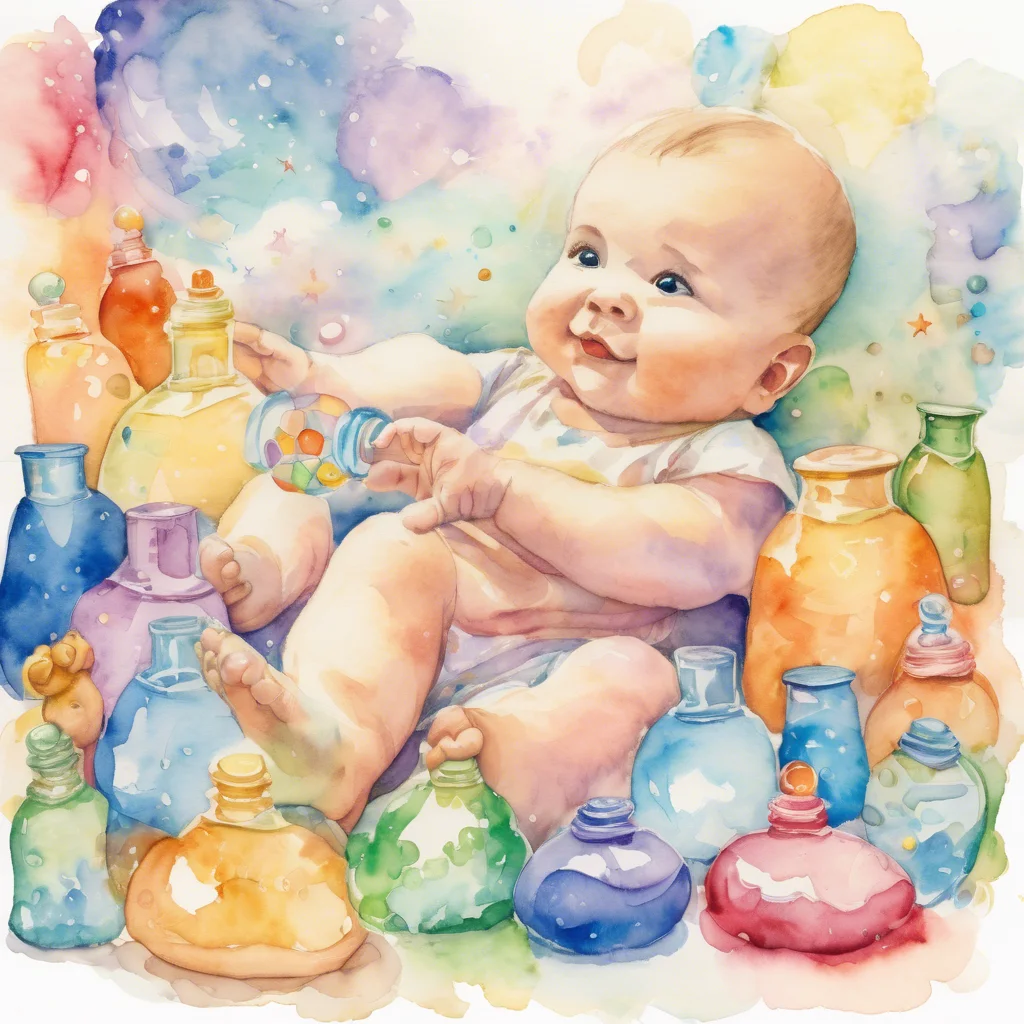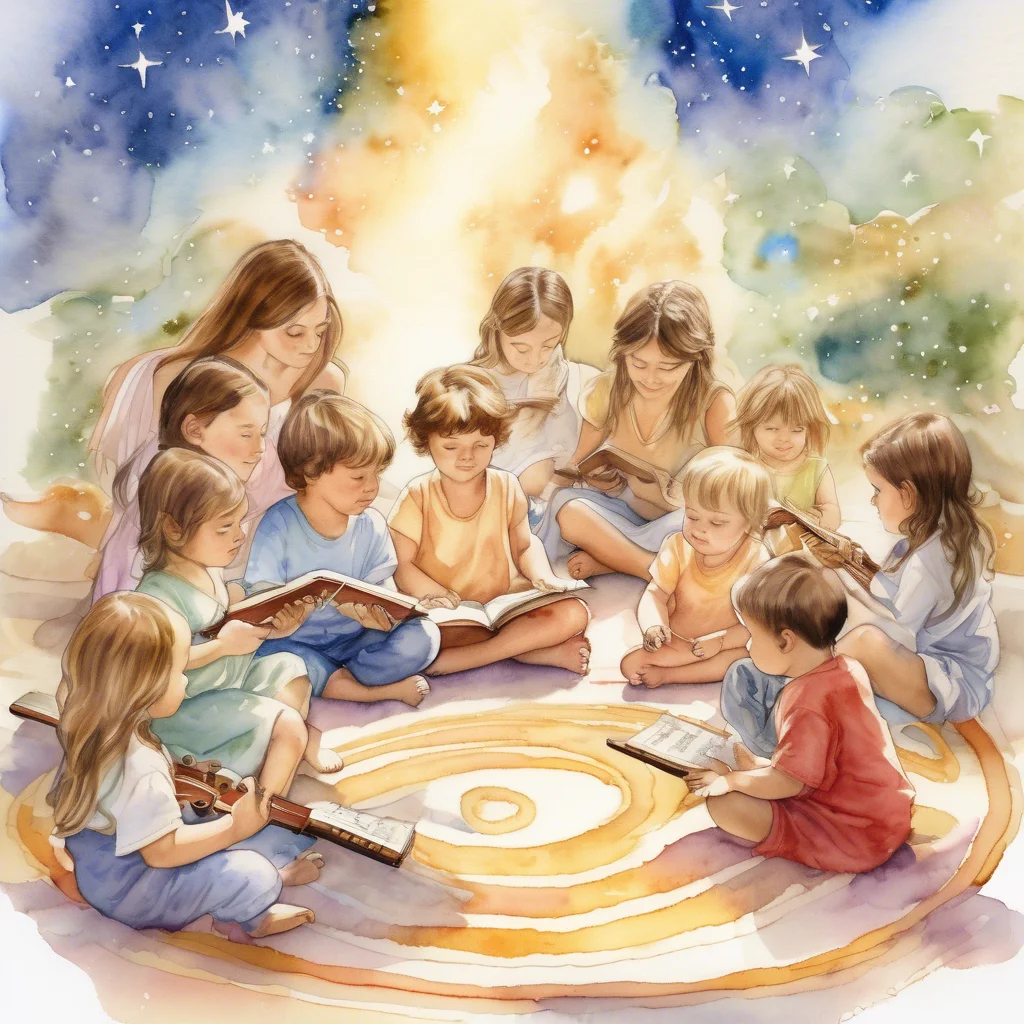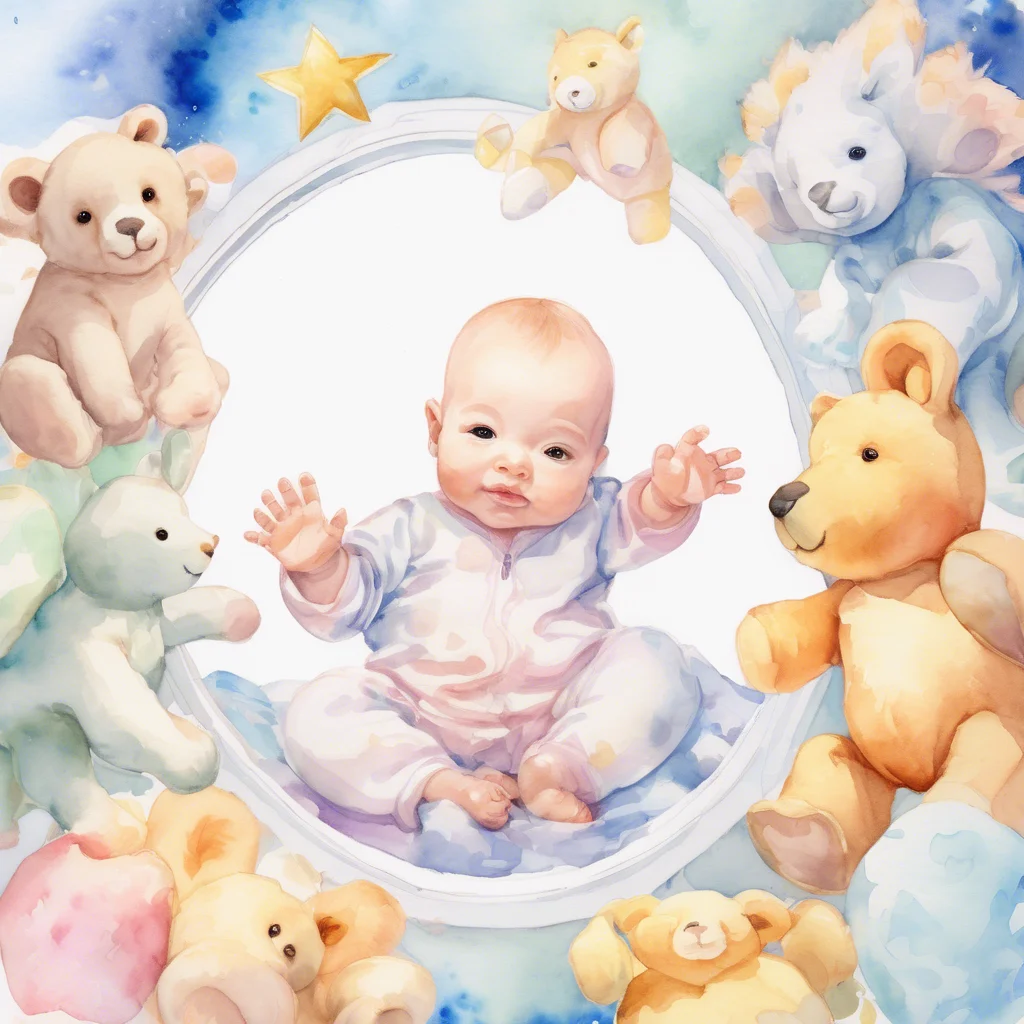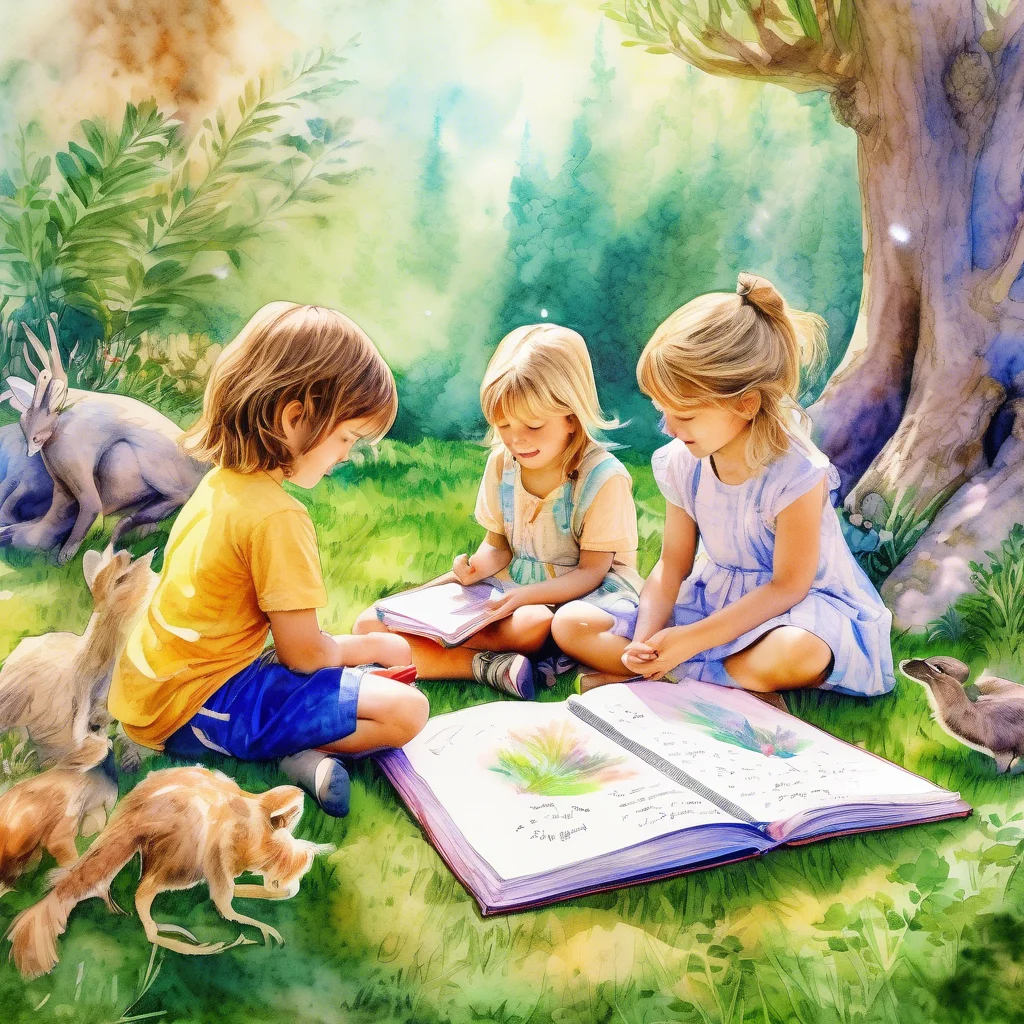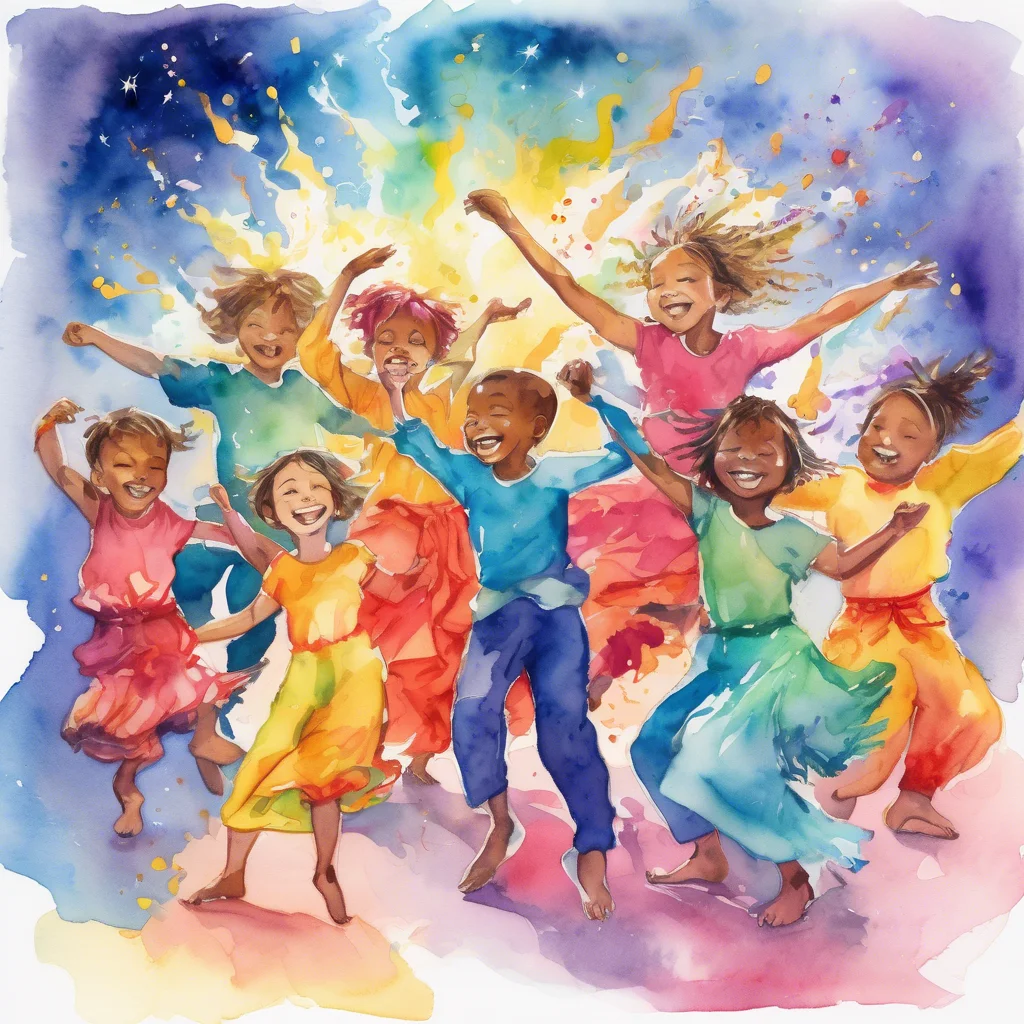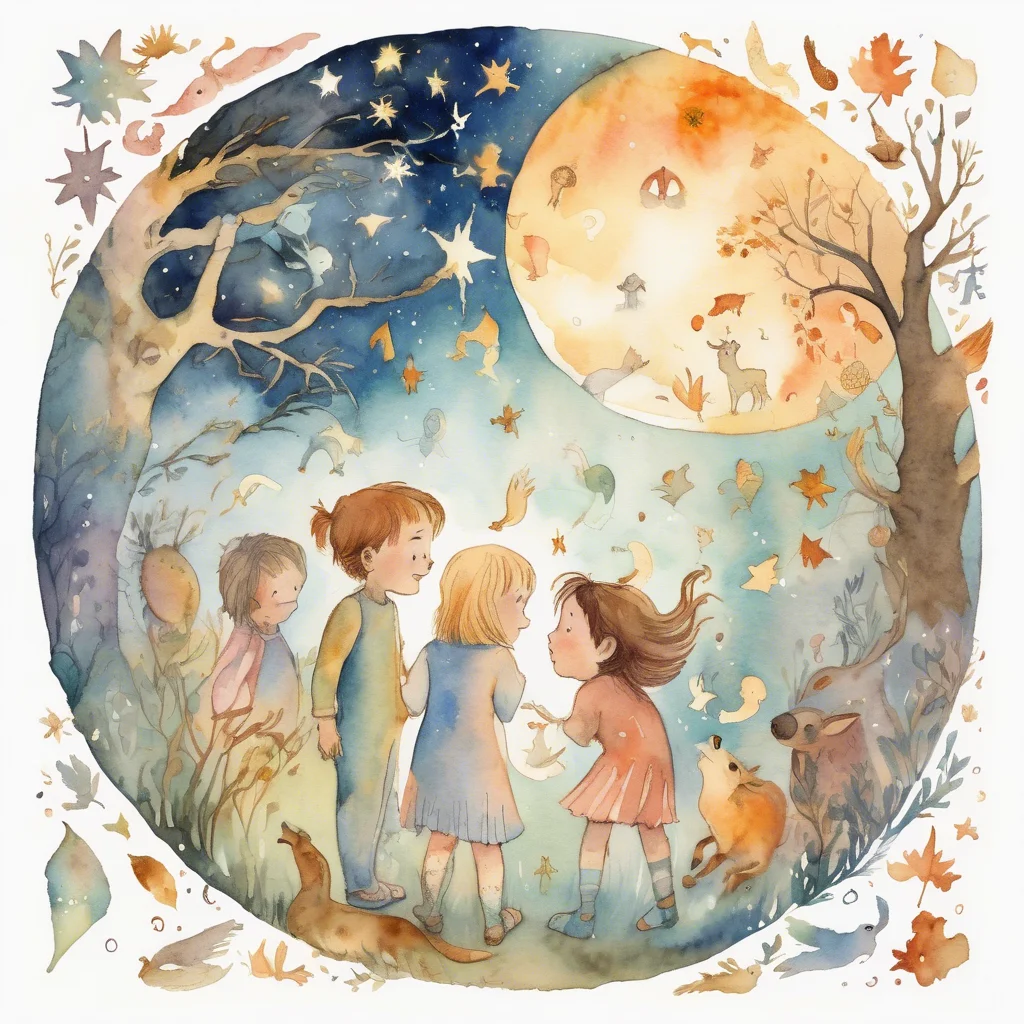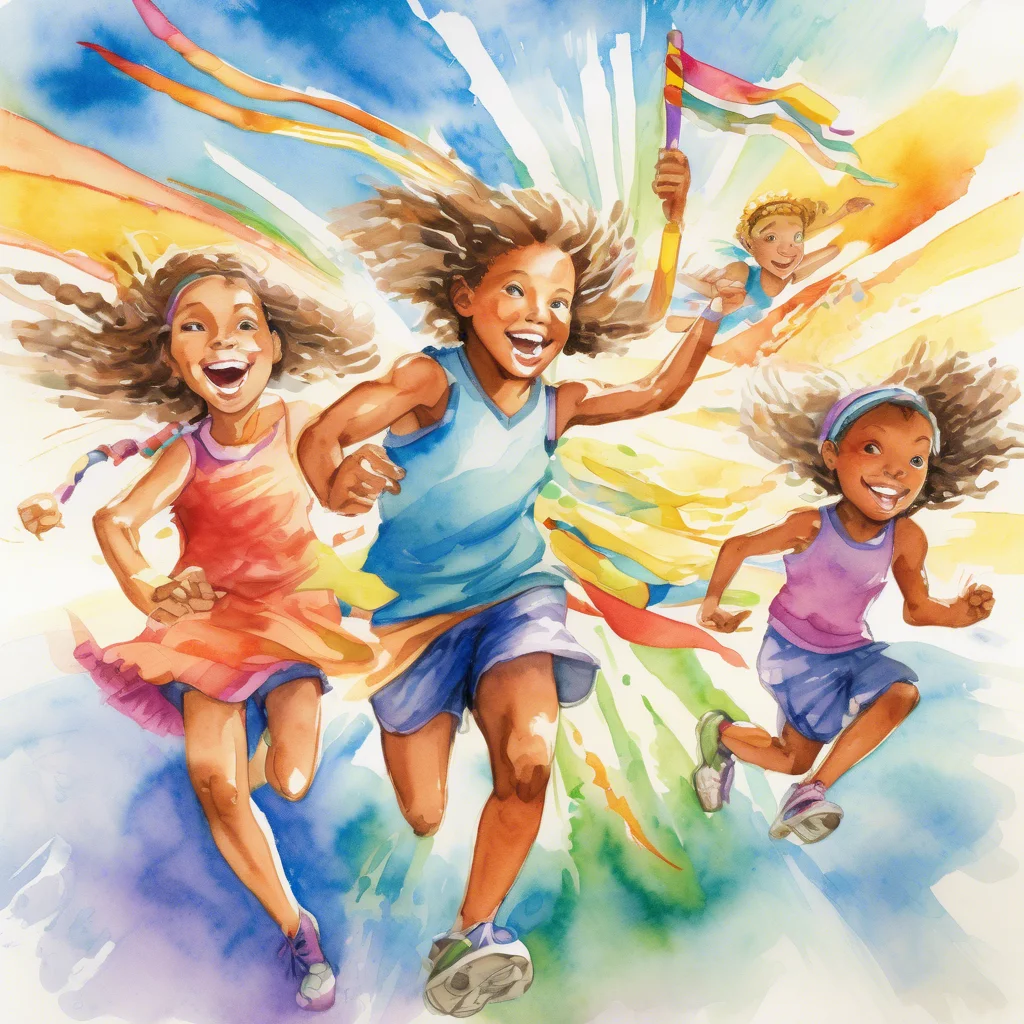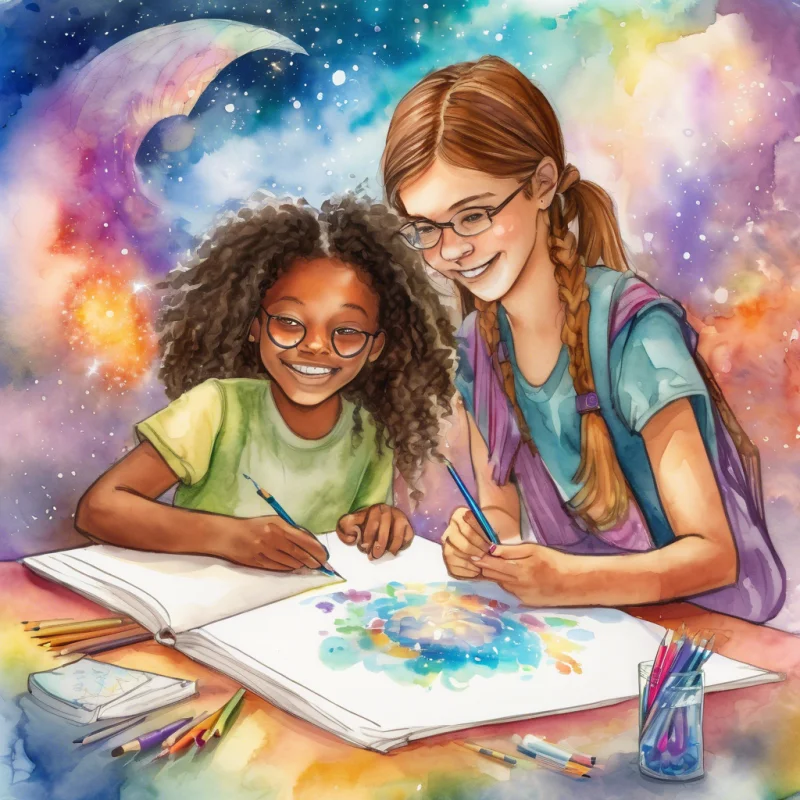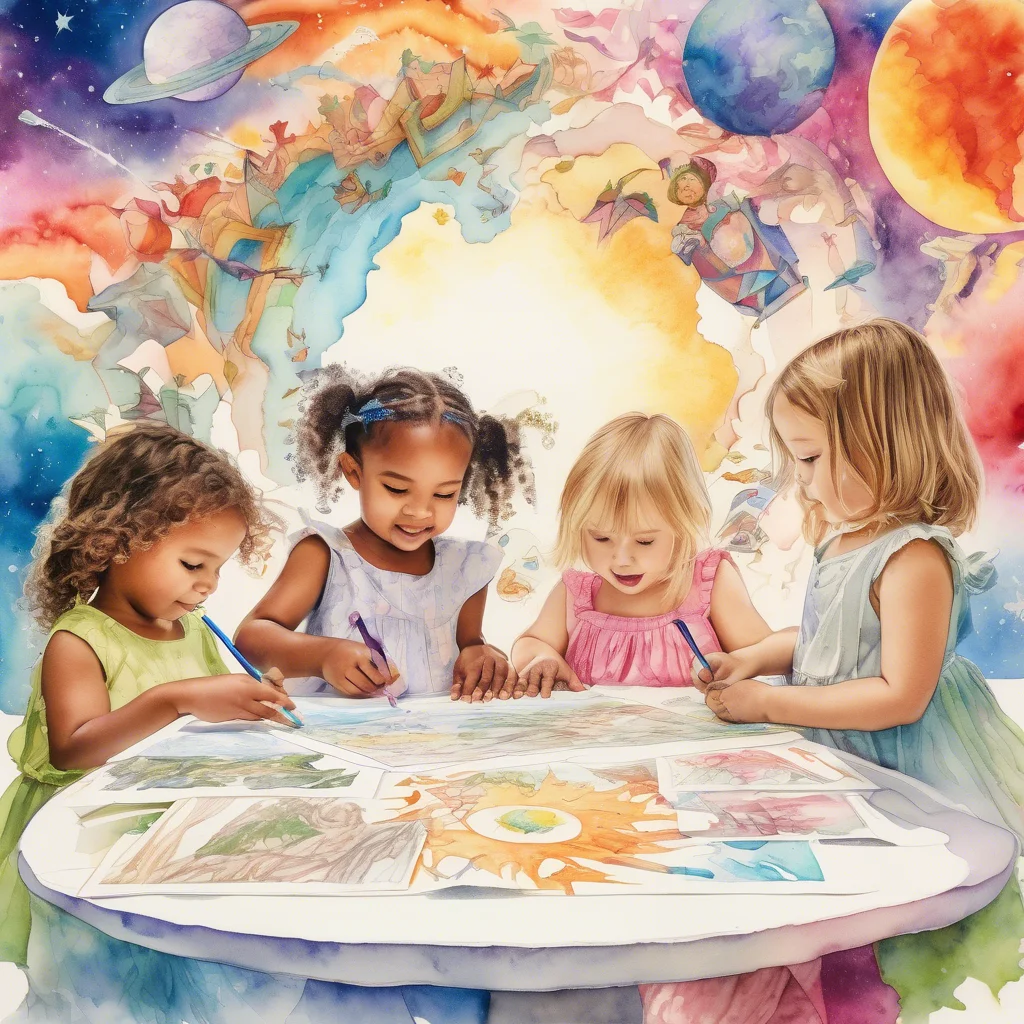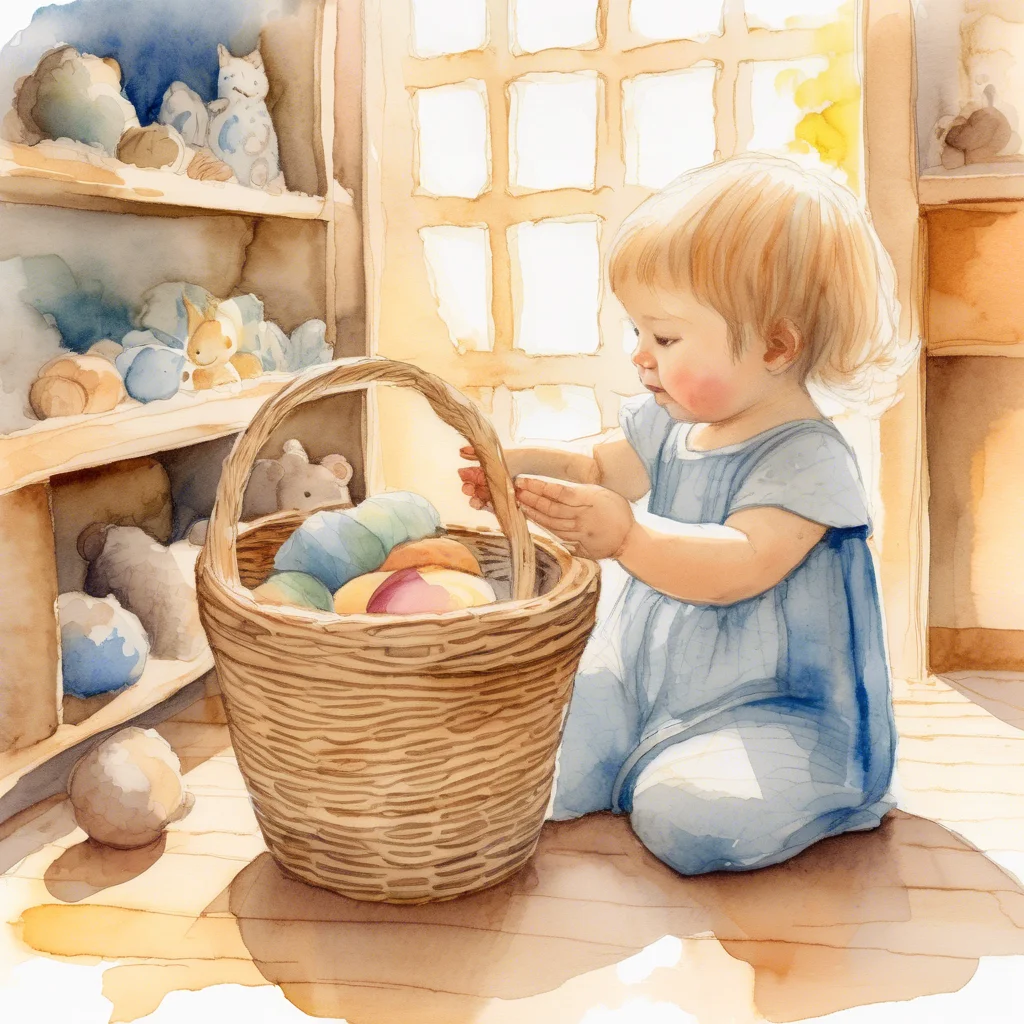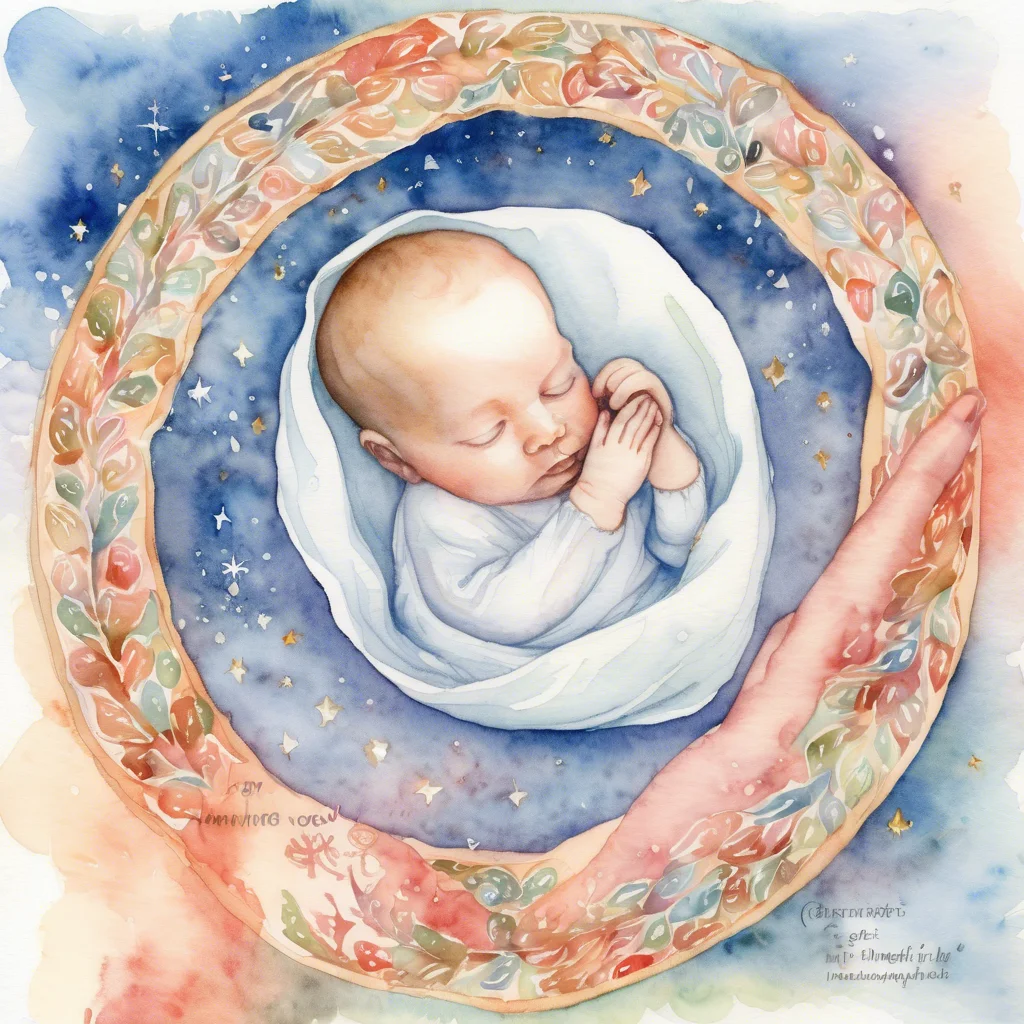Child Development Activities
A global platform designed to support children’s growth, creativity, and learning through meaningful play.

Random Activity:
Shape Discovery Adventure: Shape Sorting and Matching
Children’s Age: 2–2.5 years
Activity Duration: 10 minutes

Latest Activities
Baby Sensory Bottles - Magical Sensory Adventure
Engage your 3 to 6-month-old baby in sensory play with baby sensory bottles filled with colorful delights. Create these engaging bottles using clear p…
View ActivityEnchanted Musical Storytime Adventure
Join the "Musical Storytime Adventure" for children aged 24 to 30 months, focusing on self-regulation development. Gather favorite storybooks, musical…
View ActivityEngaging Holiday Memory Game for Kids
Let's play the Holiday Memory Game! You and your child can enjoy this fun activity together without needing any materials. Find a cozy spot, sit down,…
View ActivityExploring Tummy Time Fun: Infant Adventure
Tummy Time Fun is a beneficial activity designed for infants aged 6 to 12 months to boost their physical development. All you need is a soft blanket o…
View ActivityEnchanted Nature Photography Adventure: A Creative Journey
Embark on a "Nature Photography Adventure" to help children discover the wonders of nature and learn photography basics. With digital cameras or table…
View ActivityDance and Move Name Game: Expressive Play
The "Dance and Move Name Game" activity combines play, dance, and language skills for children's development. Set up an open dance space with name tag…
View ActivityEnchanted Seasons: Seasonal Story Puzzle Adventure
The Seasonal Story Puzzle activity is tailored for children aged 36 to 48 months to boost their language skills through a fun and educational game cen…
View ActivityWhispers of the Sports Storytelling Relay
Engage children aged 8 to 12 in the "Sports Storytelling Relay" activity, a fun game promoting language development, cognitive skills, and empathy. Se…
View ActivityEnchanted Digital Storytelling Adventure
Engage children aged 10 to 14 in the "Digital Storytelling Adventure," a creative experience supporting academic growth, self-regulation, and cultural…
View ActivityWhispers of Imagination: A Tale Unfolds
Join "Story Collage Time" for children aged 24 to 30 months, a creative activity fostering language development, play skills, and imagination. Gather …
View ActivitySensory Treasure Basket Exploration: A Magical Journey
Engage your little one with the Sensory Treasure Basket Exploration activity designed for children aged 6 to 18 months. This stimulating play experien…
View ActivityHoliday Textures Sensory Exploration for Infants
Engage infants aged 0 to 3 months in sensory play with this holiday textures exploration activity. Use soft fabrics, textured toys, and optional holid…
View ActivityLocation
Period
Type
Goal or Purpose
Required Materials

Random Activity:
Starry Skies: Rocket Launch Adventure
Children’s Age: 2–2.5 years
Activity Duration: 10 minutes

Developmental activities
Adaptive Development
Adaptive development refers to the acquisition of skills that enable individuals to effectively and independently manage daily life activities. This includes abilities such as self-care, problem-solving, decision-making, and adjusting to new situations. These skills are essential for personal autonomy and successful interaction within various environments.Academic Development
Academic development refers to the enhancement of skills and knowledge in formal education settings. It includes subjects such as mathematics, science, language, and social studies, as well as critical thinking, problem-solving, and study skills. A strong academic foundation helps individuals succeed in school and beyond.Ecological Awareness
Ecological awareness involves understanding the importance of nature and the impact of human activities on the environment. It includes learning about sustainability, conservation, pollution, and ways to protect natural resources. Developing ecological consciousness helps individuals become responsible global citizens.Empathy Development
Empathy development focuses on understanding and sharing the feelings of others. It includes recognizing emotions, practicing active listening, and responding with kindness and compassion. Strong empathy skills foster better relationships, social harmony, and emotional intelligence.Language Development
Language development refers to the process of acquiring and improving communication skills, including speaking, listening, reading, and writing. It plays a crucial role in cognitive and social development, allowing individuals to express thoughts, understand others, and interact effectively in different environments.Play Skills
Play skills refer to the ability to engage in different types of play, including imaginative, social, and structured activities. Through play, children develop problem-solving abilities, creativity, teamwork, and social interactions. It is an essential part of learning and emotional growth.Self-Care Skills
Self-care skills involve the ability to perform daily tasks independently, such as dressing, grooming, eating, and hygiene. Developing self-care abilities helps build confidence, responsibility, and independence, which are crucial for a child's overall development.Self-Regulation
Self-regulation is the ability to manage emotions, behavior, and impulses in different situations. It includes skills such as emotional control, focus, patience, and adapting to challenges. Developing self-regulation helps improve academic performance, social relationships, and emotional well-being.Cognitive Development
Cognitive development refers to the growth of thinking, problem-solving, and decision-making abilities. It includes memory, attention, logical reasoning, and the ability to learn new concepts. Strong cognitive skills are essential for academic success and lifelong learning.Communication Skills
Communication skills involve the ability to express oneself clearly and understand others effectively. It includes verbal and non-verbal communication, listening skills, and social interactions. Strong communication skills help build relationships and succeed in various life situations.Cultural Development
Cultural development involves understanding and appreciating different traditions, beliefs, and artistic expressions. It includes learning about history, literature, music, and customs from various societies. Exposure to cultural diversity helps build tolerance, respect, and a global perspective.Moral Development
Moral development refers to the process of understanding and applying ethical principles such as honesty, kindness, and responsibility. It helps individuals differentiate between right and wrong and guides them in making fair and respectful decisions in social interactions.Motor Development
Motor development involves the growth of fine and gross motor skills, which are essential for movement, coordination, and physical activity. It includes activities like crawling, walking, running, and hand-eye coordination. Developing motor skills supports overall physical and cognitive growth.Sensory Development
Sensory development involves the enhancement of the five senses: sight, hearing, touch, taste, and smell. It helps individuals process and respond to their environment effectively. Activities that stimulate sensory development contribute to cognitive growth, motor skills, and overall well-being.Social-Emotional Development
Social-emotional development refers to the ability to understand, express, and manage emotions while building relationships with others. It includes self-awareness, empathy, communication, and emotional regulation. Strong social-emotional skills promote positive social interactions and mental well-being.Spiritual Development
Spiritual development involves exploring personal values, purpose, and inner peace. It includes developing a sense of connection with oneself, others, and the world. This process helps individuals cultivate mindfulness, gratitude, and a deeper understanding of life.Physical Development
Physical development refers to the growth and strengthening of the body, including muscles, bones, and overall motor skills. It includes activities such as running, jumping, and balance exercises. Strong physical development supports overall health, coordination, and an active lifestyle.Digital Skills
Digital skills refer to the ability to use technology effectively, including computers, mobile devices, and the internet. It includes basic computer literacy, online safety, and responsible digital communication. Developing digital skills is essential in today's world for education, work, and social interaction.Creative Development
Creative development involves nurturing imagination and originality through artistic expression, problem-solving, and innovation. It includes activities such as drawing, storytelling, music, and creative thinking. Encouraging creativity helps develop self-expression, confidence, and critical thinking skills.Health and Safety Skills
Health and safety skills involve understanding and practicing habits that promote physical well-being and personal security. It includes hygiene, nutrition, first aid, and awareness of potential dangers. Developing these skills ensures a healthier and safer lifestyle.
